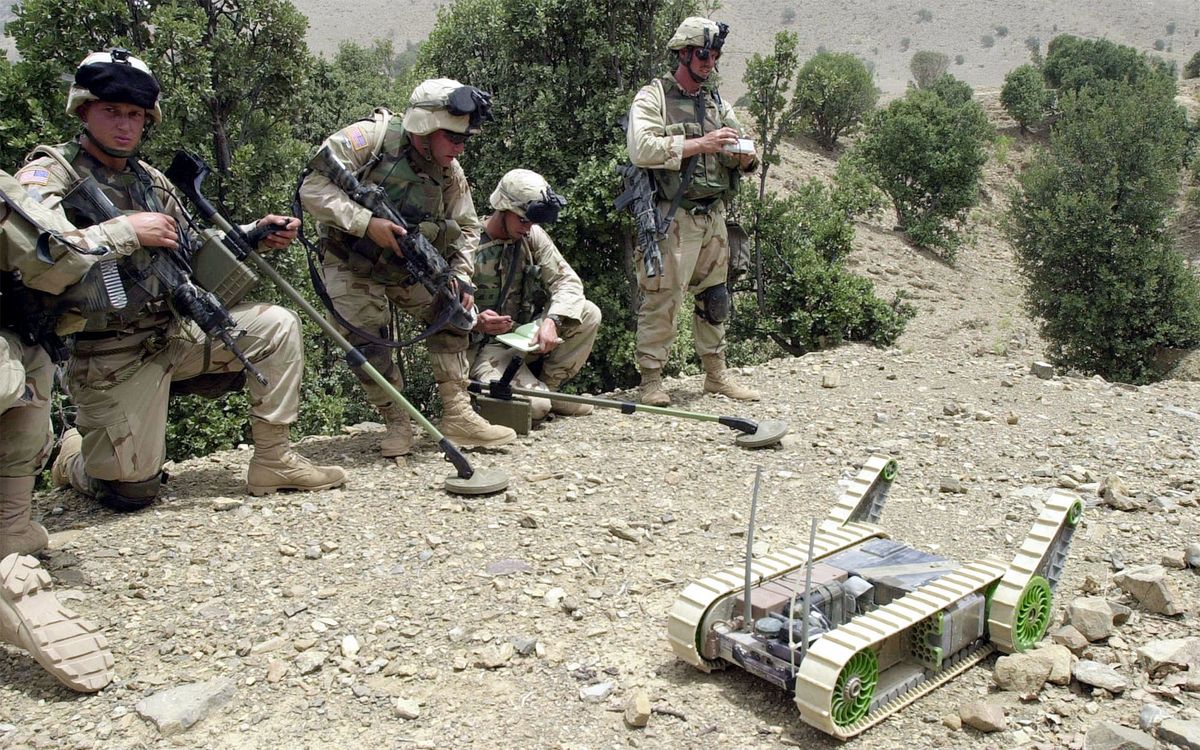“There’s no better place than Singapore to do a deep tech startup, particularly anything involving cryptography.” So says Brijesh Pande, founder and managing partner of the Tembusu ICT Fund, a Singapore-based software-focused venture capital fund. Admittedly, he has a vested interest in enticing entrepreneurs to come to the island nation, but he—and two founders of companies in his portfolio, Lawrence Hughes from Sixscape and Raymond Looi from Vi Dimensions—make a solid argument.
Here in Singapore, Pande says, “We have no requirement for a security back door. The fact that the NSA [National Security Agency] requires U.S. companies to provide a back door makes technology developed in the U.S. less trusted around the world.”
Hughes, who before decamping to Singapore founded several companies, including U.S.-based Ciphertrust and Philippine-based Infoweapons, says it’s just too difficult to do cyber security products in the U.S. these days. “The NSA requires weakened algorithms and back doors, so you have to assume all IT products in the U.S. are compromised.” That, he says, makes it hard to market them around the world.
Sixscape, Hughes’ latest startup, has developed a certificate management protocol based on a distributed public key infrastructure that can manage, he says, billions of unique certificates. Web sites use server certificates to identify themselves as legitimate. In his scheme, individual users will also use client certificates, created on their own computers, as identification, instead of less secure usernames and passwords. For additional security, banks and other particularly sensitive businesses can give their clients hardware “keys” containing certificates to even more reliably confirm identity. Hughes says Sixscape will soon be piloting the technology, issuing some 2 million hardware tokens for a government agency in a nearby country that wishes to allow secure access its website, without usernames or passwords.
Meanwhile, two-year-old Vi Dimensions, Looi explained, is developing AI to mine surveillance videos for anomalies. “With hundreds of millions of cameras out there,” he says, “the cost of human monitoring is just too high.” The software, he says, can spot a big truck driving an unusual route, or a child lost in a subway station. The company, he says, has deployed the technology on 200 cameras in Sentosa, a resort island with 20 million visitors annually, has signed an agreement with one of Europe’s largest national railways to use the technology on its surveillance cameras, and has completed trials in an Abu Dhabi skyscraper. On Sentosa, he said, the technology was able to improve operations by spotting too-long lines at taxi stands and identifying points where parents were having trouble navigating strollers.
It’s not just escaping the NSA that makes Singapore more and more attractive to startups, these entrepreneurs say.
The potential tightening of H1B visas in the United States will push more companies to start elsewhere, says Pande. “If the U.S. develops an H1B issue,” he says, “that will be good for Singapore.”
“Here, there is no limit to H1Bs, you just have to demonstrate a need,” Pande says. “We have Singaporeans, Americans, Iranians, Indians, Russians—a veritable United Nations working at all our companies.”
“And,” pointed out Hughes, “Singapore has zero capital gains tax,” relying instead on income and value added taxes.
Starting a company in Singapore, Pande points out, is not without challenges. “We don’t have a deep bench,” he says. “So the second level of tech talent, just below the entrepreneur, can be hard to come by.”
And though the local universities are solid, he says, there just aren’t the big tech companies doing core R&D that spit out spinoffs. “And there isn’t a big domestic market,” says Pande, though government support helps.
Valuations for startups also tend to be low compared to those in the U.S., Hughes says, “but it’s early days here.”
Tekla S. Perry is a senior editor at IEEE Spectrum. Based in Palo Alto, Calif., she's been covering the people, companies, and technology that make Silicon Valley a special place for more than 40 years. An IEEE member, she holds a bachelor's degree in journalism from Michigan State University.



